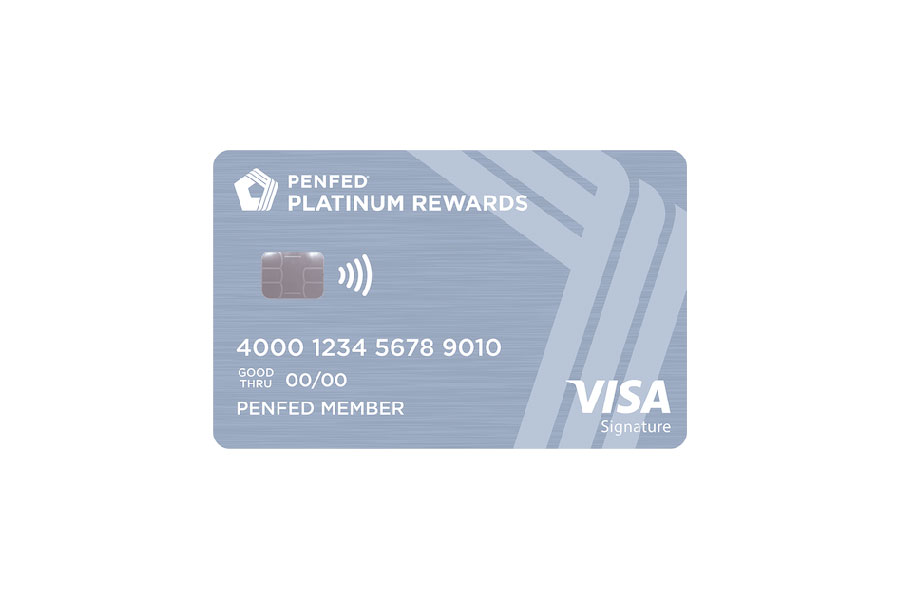If your credit score is holding you back from buying a house, getting approved for a loan, or qualifying for better rates, credit repair might be the solution. But how long does it actually take?
The answer depends on what’s dragging your credit score down and how quickly you take action. Fixing credit errors, paying off debt, and rebuilding your history all take time—but with the right strategy, it’s possible to start seeing results in a few months.

In this guide, we’ll break down what affects your timeline, how the dispute process works, and what you can do to speed things up.
How the Credit Repair Process Works and What Affects the Timeline
Credit repair starts with reviewing your credit reports, identifying inaccurate or outdated information, and disputing anything that shouldn’t be there. From there, it’s about rebuilding your credit through positive habits like paying on time, lowering balances, and limiting new credit applications.
How long this process takes depends on your starting point. If your credit report is mostly accurate but weighed down by high utilization or a few late payments, changes can happen quickly. But if you’re dealing with multiple negative marks—like collections, charge-offs, or defaults—the timeline stretches longer.
What Affects Your Credit Repair Timeline
Several factors influence how long it takes to repair your credit. The number and type of negative items on your credit report play a major role. One inaccurate account might be resolved in a few weeks. Multiple delinquencies or major events like bankruptcy can take a year or more to recover from.
Your results also depend on how quickly you act. Submitting disputes, reducing debt, and making payments on time all move the process forward. The more consistent you are, the faster your credit can bounce back.
Typical Timeframes to See Credit Score Improvement
If you’re correcting errors, you may see some movement in your credit score within 30 to 60 days—especially if the inaccurate item was a major factor. For deeper credit issues, it often takes 3 to 6 months of positive activity to see noticeable progress.
In cases involving collections, high credit utilization, or a thin credit history, it’s common for full recovery to take 12 to 18 months or more. Rebuilding credit is a long game, but even small improvements over time can lead to better loan terms and lower interest rates.
How the Credit Dispute Process Works
Disputing an error starts by identifying incorrect information on your credit report—such as late payments you didn’t make, accounts that don’t belong to you, or outdated balances. You’ll need to file a dispute with each credit bureau reporting the error, either online or by mail.
Once a dispute is filed, the credit bureau has up to 30 days to investigate and respond. If the item is confirmed as inaccurate, it must be removed or corrected. If it’s verified as accurate, it will remain—but you have the right to follow up with additional evidence or escalate the issue if needed.
See also: How to Write a Credit Dispute Letter to Fix Your Credit Fast
DIY Credit Repair vs. Hiring a Service
Doing your own credit repair gives you full control over the process. You’ll request your credit reports, spot errors, and file disputes directly. It can be time-consuming and requires patience, but it’s free and often effective—especially if your issues are straightforward.
Hiring a credit repair company can save time and reduce stress, particularly if your situation is complex or you’re not sure where to start. Reputable companies handle disputes on your behalf and may offer tools to help you track progress. Just make sure you understand the costs and avoid any service that promises quick results or demands payment upfront.
Will a Credit Repair Company Speed Things Up?
A credit repair company can help streamline the process, but it won’t fast-track results overnight. These services are familiar with credit bureau procedures and know how to file disputes efficiently, which can save you time—especially if you’re dealing with multiple errors.
However, they still have to follow the same dispute timelines as everyone else. Credit bureaus have up to 30 days to respond, whether a dispute comes from you or a third party. In some cases, you may see faster results simply because the company knows exactly what to look for and how to document it. But hiring help doesn’t guarantee quicker results—it just takes the work off your plate.
How Long Negative Items Stay on Your Credit Report
Most negative marks stay on your credit report for seven years, but the exact duration depends on the type of item:
- Late payments – 7 years from the original delinquency date
- Collections – 7 years from the date the original account became delinquent
- Charge-offs and repossessions – 7 years
- Chapter 13 bankruptcy – Typically 7 years, sometimes up to 10
- Chapter 7 bankruptcy – 10 years from the filing date
- Foreclosures and short sales – 7 years
- Unpaid tax liens – Can remain indefinitely (though no longer reported by the major credit bureaus)
Even though these items stay on your credit report for years, their impact fades over time—especially if you’re adding new, positive credit activity.
Steps to Rebuild Your Credit Faster
Improving a bad credit score takes time, but smart habits can speed up the process:
- Pay on time – Payment history makes up 35% of your FICO score, so every on-time payment has a big impact.
- Lower your balances – High credit utilization drags your credit score down. Keeping it below 30% usage is generally seen as the point where your credit score avoids taking a noticeable hit.
- Dispute errors quickly – The sooner you challenge inaccuracies, the sooner they can be removed.
- Avoid new debt – Hard inquiries and new accounts can temporarily hurt your score.
- Check your reports regularly – Catching issues early helps prevent delays in your progress.
Consistency matters more than anything. The more steady progress you make, the faster your credit improves.
Credit Building Tools That Can Help
Several tools can help you rebuild credit while you work to remove negative marks:
- Secured credit cards – Secured cards require a deposit and work like a regular credit card. Responsible use builds positive history.
- Credit builder loans – You make fixed payments, and the lender holds the funds until the loan is repaid. On-time payments are reported to the credit bureaus.
- Authorized user status – Being added to someone else’s credit card account (with a clean history) can help boost your score.
- Rent and utility reporting services – Some services report rent or utility payments to the credit bureaus, adding more positive data to your file.
These tools won’t erase negative items, but they help offset the damage and speed up recovery.
Common Mistakes That Slow Down Credit Repair
Some habits can stall your progress—even if you’re actively trying to improve your credit:
- Ignoring your credit reports – Mistakes can’t be fixed if you don’t know they’re there.
- Only making minimum payments – This keeps your balances high and your utilization ratio elevated.
- Closing old credit cards – Doing this shortens your credit history and reduces available credit.
- Applying for too much credit at once – Multiple hard inquiries can drop your credit score and make you look risky to lenders.
- Falling behind again – A single new late payment can undo months of progress.
Avoiding these missteps is just as important as taking the right steps forward.
Bottom Line
Credit repair isn’t a quick fix, but it’s completely possible with a clear plan and steady effort. Whether you choose to do it yourself or work with a credit repair service, the biggest factor in your success is consistency.
Keep your balances low, pay everything on time, and don’t ignore errors that could be holding you back. If you stay focused and avoid common setbacks, your credit score will improve—and so will your financial opportunities.




